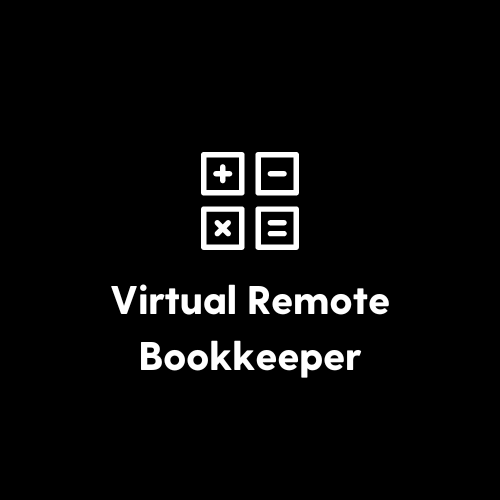
Managing your finances effectively is essential to the long-term success of your small business. As a small business owner, you might wear many hats, but staying on top of your accounting is crucial for growth, stability, and peace of mind. By following a few practical tips, you can streamline your financial processes, ensure accurate reporting, and make informed decisions for the future.
In this blog post, we’ll cover some key accounting tips for small business owners to help you stay on top of your finances and maintain a healthy bottom line.
1. Separate Personal and Business Finances
One of the most common mistakes small business owners make is mixing personal and business finances. This can lead to confusion, inaccuracies in your bookkeeping, and complications during tax time. Opening a separate business bank account and credit card helps you track business expenses more efficiently and ensures you don’t miss any tax deductions.
Tip: Use accounting software to automate this process and maintain accurate records for all transactions.
2. Stay Organized with Receipts and Invoices
Keeping track of every receipt and invoice is critical for maintaining accurate financial records. Without organized documentation, you could face challenges in tracking cash flow, calculating expenses, or proving deductions during an audit.
Tip: Use digital tools like receipt-scanning apps and cloud-based accounting software to store and organize your financial documents electronically.
3. Regularly Reconcile Your Accounts
Reconciling your accounts means comparing your internal financial records with your bank statements to ensure they match. This should be done regularly, preferably monthly, to spot discrepancies early on and avoid costly errors.
Tip: Automate bank reconciliation by linking your bank account with accounting software like QuickBooks or Xero.
4. Track Your Cash Flow Diligently
Cash flow is the lifeblood of any small business. Keeping track of the money coming in and going out will help you avoid cash flow problems that could affect your operations. Monitoring your cash flow regularly helps you plan for seasonal variations, manage debt, and make informed decisions about investments or hiring.
Tip: Set up weekly or monthly cash flow statements to get a clear view of your financial health.

5. Understand and Plan for Taxes
Taxes can be complicated, but they are a non-negotiable part of running a business. Staying on top of your tax obligations throughout the year helps you avoid last-minute stress and potential penalties. Ensure that you are aware of key deadlines for estimated quarterly taxes, sales taxes, and payroll taxes if applicable.
Tip: Consider hiring a tax professional or using tax preparation software to file accurately and maximize your deductions.
6. Leverage Accounting Software
Small business owners can benefit greatly from using accounting software to automate and streamline their financial processes. These tools simplify bookkeeping, track expenses, generate reports, and ensure that your financial records are always up to date.
Tip: Choose software that fits your business needs, such as QuickBooks, FreshBooks, or Xero, and customize it for your specific industry.
7. Set a Budget and Stick to It
A well-planned budget helps you manage your expenses, plan for future investments, and avoid overspending. Creating a realistic budget for your business allows you to allocate resources efficiently and adjust as needed throughout the year.
Tip: Review your budget quarterly and make necessary adjustments based on your business’s performance and market conditions.
8. Consult with a Professional Bookkeeper or Accountant
As your business grows, it might become overwhelming to handle all aspects of your finances on your own. Consulting with a professional bookkeeper or accountant can save you time, reduce errors, and provide valuable insights into your business’s financial performance.
Tip: Consider outsourcing your bookkeeping to a remote bookkeeper, like those available at Virtual Remote Bookkeeper, to focus on what you do best—running your business.
9. Review Financial Reports Regularly
Regularly reviewing financial reports, such as profit and loss statements, balance sheets, and cash flow reports, helps you understand your business’s financial health and identify potential issues before they become major problems.
Tip: Schedule monthly or quarterly reviews of these reports to stay informed and make data-driven decisions for your business.
Conclusion
Staying on top of your business finances is critical to your success as a small business owner. By implementing these accounting tips, you can create a strong foundation for managing your money, making informed decisions, and planning for growth. Whether you’re just starting out or looking to improve your financial processes, these tips will help you stay organized, reduce stress, and focus on growing your business.
For expert assistance in bookkeeping and accounting, consider outsourcing your financial management to a reliable service like Virtual Remote Bookkeeper.


